Spring 2026 Course Offerings
From the origins of World Civilization to Goddesses and Witches to African Independence Movements to the History of Brazil to the Vietnam War: We've got it all!
For more detailed descriptions of the History Department's course offerings for Fall 2025, check:
Geaux Teach
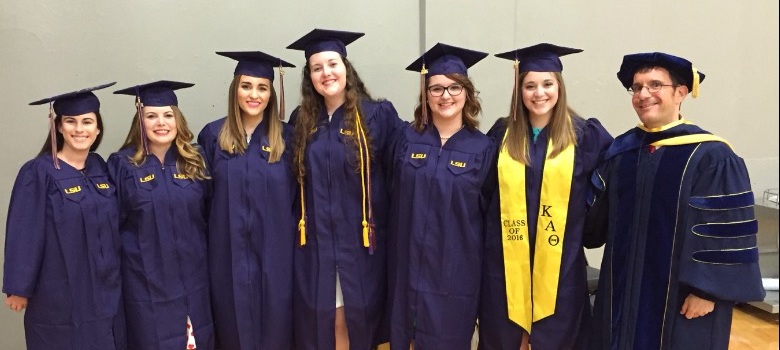
Graduates of Geaux Teach, the Major in History with a Concentration in Secondary Education, pose with program advisor Prof. Zevi Gutfreund (far right). For information on the Secondary Education history program: Geaux Teach
Congratulations to Julia Palmer, Class of 2024 and Geaux Teach alumna, who was named New Teacher of the Year at Zachary High School in fall 2024. Zachary High social media posted:
**New Teacher of the Year: Julia Palmer**
In such a brief time, you have demonstrated an incredible talent for teaching, and
we eagerly anticipate the amazing journey ahead of you!
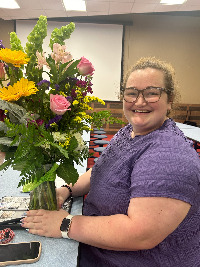
Congratulations Logan Istre!
Congratulations to LSU History graduate student Logan Istre who was chosen for a prestigious 2026-2027 postdoctoral research and teaching fellowship at the Hoover Institution at Stanford University. He received one of three fellowships at Stanford from an applicant pool of over 300. Logan successfully defended his dissertation in January and he will be graduating in May. Way to geaux Logan!
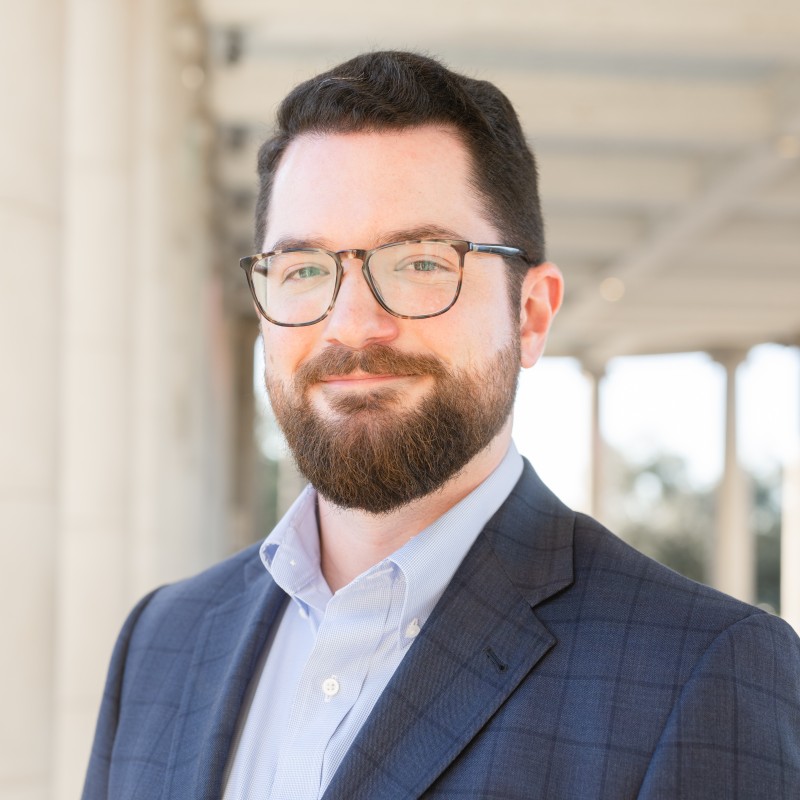
High Honor for
LSU History Professor
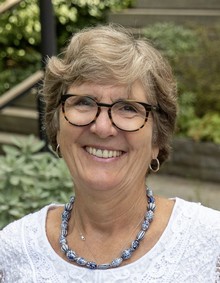
Boyd Professor Suzanne Marchand was elected president of the American Historical Association, the premier professional organization for historians in the United States. Prof. Marchand will serve as vice-president during the coming year (2025) and president the year after that. Congratulations to Dr. Marchand on this signal honor!
Book News
Lula: A People's President and the Fight for Brazil's Future

Offers a concise, accessible analysis of Luiz Inácio Lula da Silva’s place in modern Brazilian history. Tracing his rise from union leader to president and situating his career within Brazil’s larger context, the book offers a political history of the present moment in Latin America's lagest nation. The book balances recognition of Lula’s achievements with critical examination of his policies, providing a clear, engaging narrative that explains complex political developments while highlighting his lasting impact on Brazilian democracy and society.
"A compelling, intelligent study of an exceptional life. As the forces of political darkness continue to gather, Pagliarini's examination of Lula's tenacity is as timely as it is luminous." --Greg Grandin, Yale University, author of the Pulitzer Prize-winning The End of the Myth
"In this engaging, highly readable book, Andre Pagliarini pulls off a remarkable feat: he provides an illuminating and insightful account of Lula's political career and a lucid analysis of the last 100 years of Brazilian politics. A rare book that should be read by those who know a great deal about Brazilian politics as well as those who are just getting started."--Barbara Weinstein, New York University, former president of the American Historical Association
Polity Books, 2025
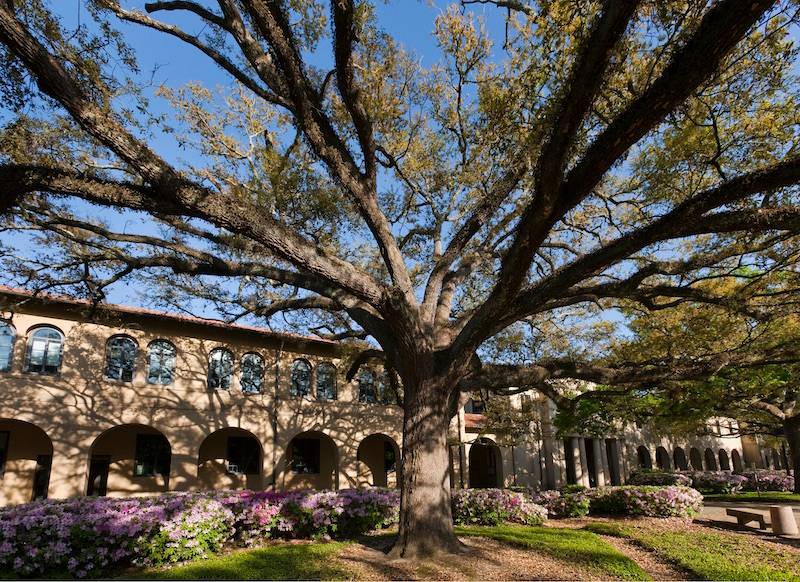
Stay up-to-date on our activities by checking back here frequently, or by visiting and following our Facebook, X, and Instagram accounts. Contact individual faculty members by the email addresses listed in their faculty profiles; for general comments or questions about this website you may contact: History Department Webmaster.


